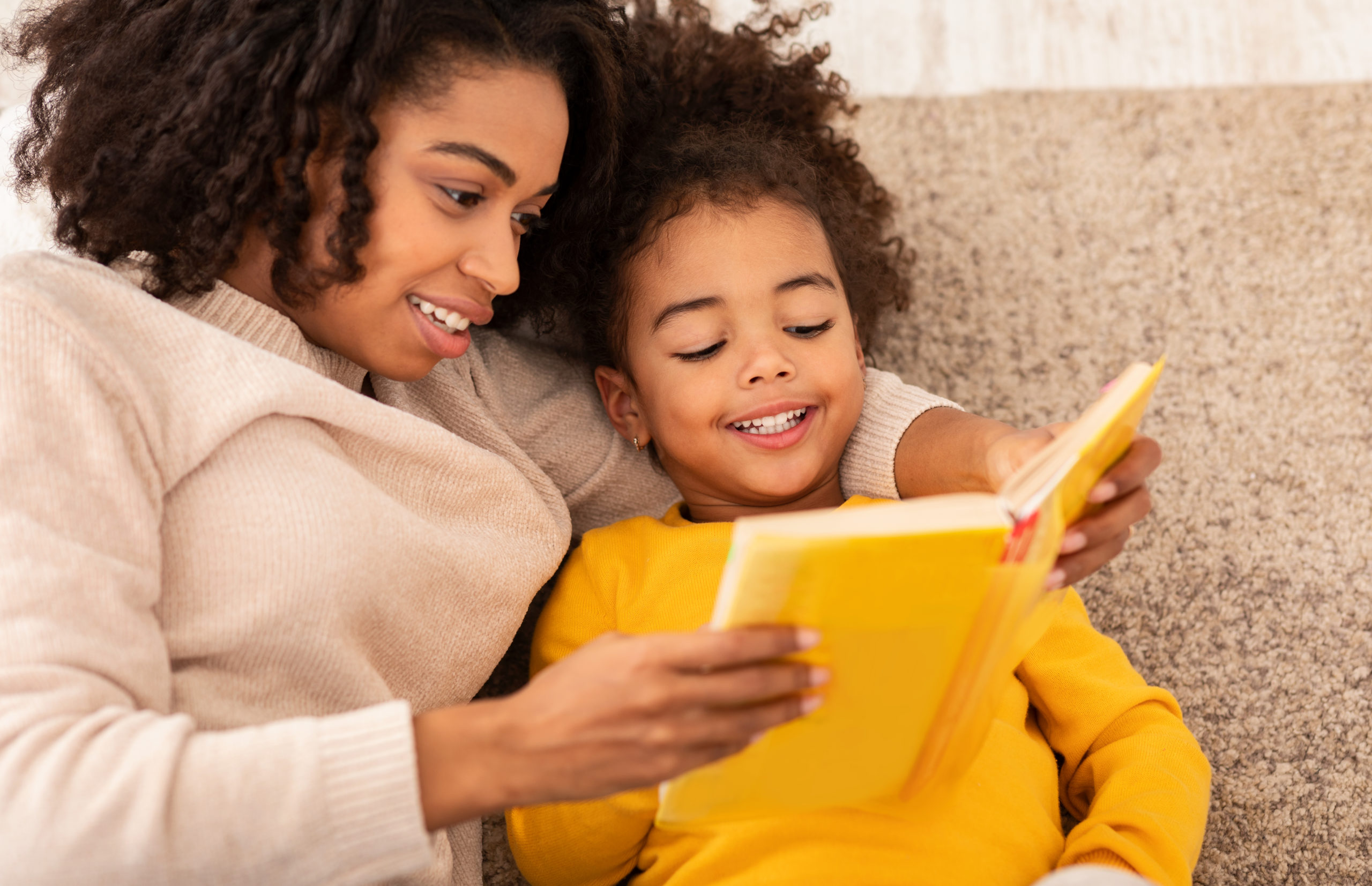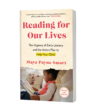Tempted to write off empathy as a “soft” skill? Think again. Today, understanding and being sensitive to others’ feelings and perspectives is seen as a new “superpower” across fields from education and business to science and technology. And it’s credited with everything from increased personal satisfaction and creativity to better leadership and negotiation skills. As Barack Obama put it, “Empathy is a quality of character that can change the world.”
But empathy is on the decline. The U.S. is suffering from an “empathy deficit,” according to researchers. In 2009, American college students were found to be less empathic than 75 percent of those 30 years earlier (and the jury’s out on whether things have improved since). It appears that as a society we’re becoming more narrow-minded, more disconnected. Yet only around 10 percent of our ability to empathize actually comes down to genetics, while making a habit of it—for example practicing loving-kindness meditation—can make our brains grow. Knowing all this, perhaps there’s a case for including empathy in school curriculum, as Denmark has done since 1993.
Want to nurture empathy? Love literature? You’re in luck. According to experts and organizations such as Empathy Lab, reading fiction increases empathy. But how does immersing yourself in a story help make you a better person? And how might this be relevant for your child and your family’s reading choices?
In this article, we take a look at the research, and how—among many other benefits—fiction helps us and our children to develop emotional intelligence.
Fiction Helps Kids Understand Other People’s Points of View
In psychology, Theory of Mind is the term for the ability to understand and think about what another person is thinking and feeling—a kind of “mind-reading,” albeit one most of us practice regularly. A skill closely associated with empathy, it truly starts to emerge in children around age four or five. The good news for little fiction readers? One study has found that preschoolers who are exposed to storybooks are better at it. And another found that the more often children read picture books with their parents, the better their theory-of-mind development.
This link between reading fiction and theory-of-mind is supported by research in adults, too. In one study, fiction readers were found to perform better across a range of social intelligence and theory-of-mind tests, such as the “Mind in the Eyes” test, where participants have to correctly identify complex emotions by looking at photographs of people’s eyes.
But, when it comes to being able to understand what’s going on in other people’s heads, does the kind of fiction you read make a difference? Some evidence suggests so. One landmark study of five experiments shows that adult readers of literary fiction—which tends to be more character-focused, psychologically complex, and ambiguous than other forms—possess greater theory-of-mind abilities than those reading nonfiction, popular fiction, or nothing.
Fiction Lets Kids Feel What Others Feel
Understanding how others may feel at a rational level, known as cognitive empathy, is one thing. But being able to identify with their feelings, at least to some extent, is what takes emotional intelligence (often shorthanded as “EQ”) to the next level. And this is where the ideas that reading fiction can foster empathy—and that it’s possible to harness that empathic uptick to create positive social change—come into their own. For example, some research shows that those who are most emotionally transported by a story are also the ones most likely to behave in a more empathic and pro-social manner.
As with the research connecting reading fiction and theory-of-mind, some studies have found that it’s the stories reflecting greater social, cultural, and psychological complexities that are best for building empathy. In one, children, teens, and university students who read Harry Potter (a body of work depicting a world “characterized by strict social hierarchies and resulting prejudices”) were shown to have less discriminatory attitudes towards stigmatized groups, such as immigrants, refugees, and the LGBTQ community.
But how much can you really put yourself in someone else’s shoes through reading their story? In one experiment, researchers took functional MRI scans of fiction readers’ brains to find out. They discovered that there was enhanced brain connectivity in areas associated with movement and bodily sensation, even several days after reading sections of a novel. This surprising finding suggests that reading fiction increases empathy partly by transporting us into a character’s experiences at a deep level. As neuroscientist Gregory Berns told Psychology Today, “At a minimum, we can say that reading stories—especially those with strong narrative arcs—reconfigures brain networks for at least a few days. It shows how stories can stay with us. This may have profound implications for children and the role of reading in shaping their brains.”
Fiction Opens Kids’ Minds
Reading fiction broadens horizons, taking us to places and scenarios a world away from our own experiences—and this is especially true for younger readers who may have more limited life experience. Plus, when it comes to reading and emotional intelligence, the mind-opening effects of fiction are relevant where empathy is concerned, too.
To truly empathize with others, we must be able to keep an open mind and withhold judgement. But our brains are often driven to find concrete answers, especially in the face of uncertainty and ambiguity—something psychologists call needing “cognitive closure.” One study has shown that reading fiction reduces the need for cognitive closure, exercising the brain’s open-mindedness and stretching our ability to tolerate ambiguity. Even better? The effects are more noticeable the more often you read.
So, next time your child asks you to read them a story, just think: not only are they opening themselves up to the joys of reading, they’re also opening their heart and mind in ways we’re only just beginning to understand. Talk about the power of reading.
Can you remember stories from childhood that sparked your empathy or opened your mind? Tales that had you grabbing the tissue box in sympathy? Let us know your favorites!


